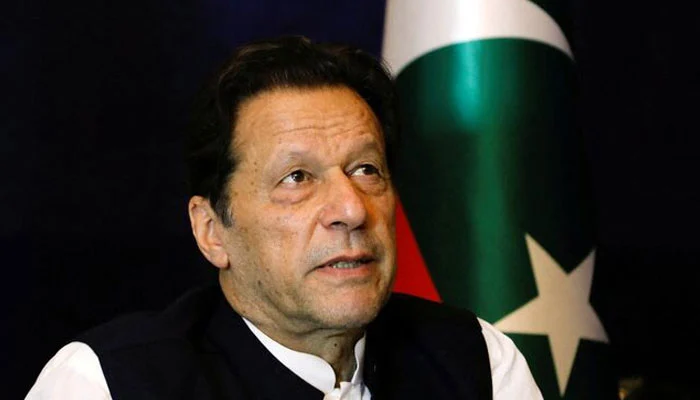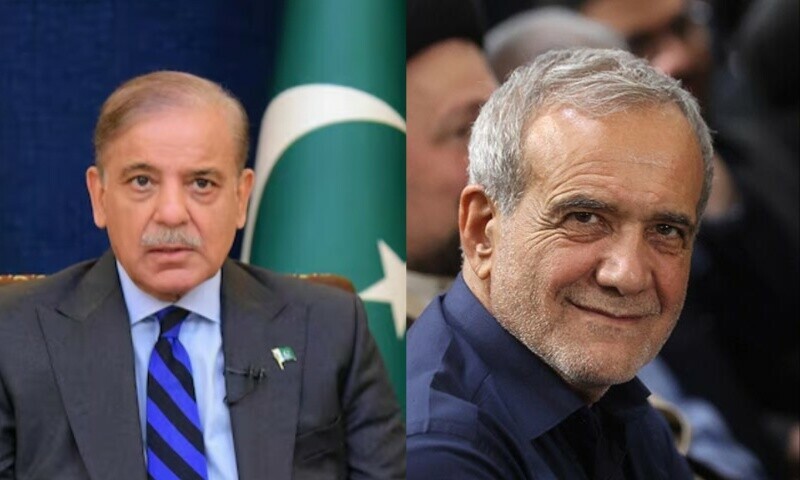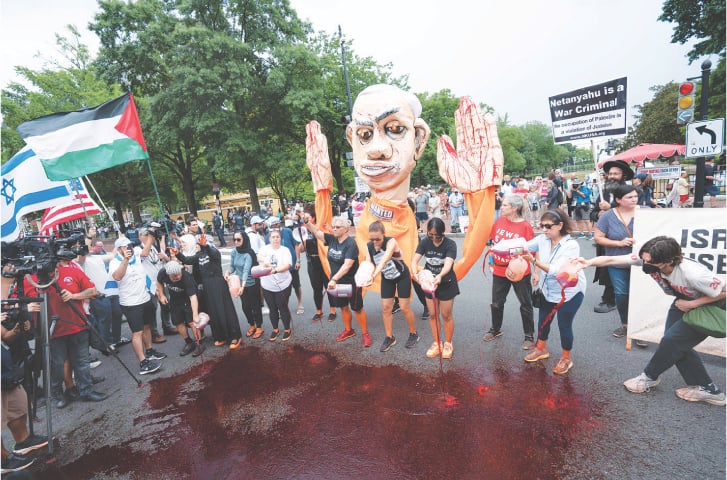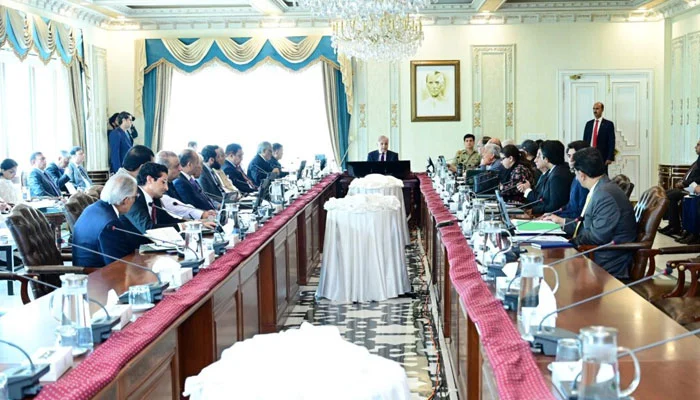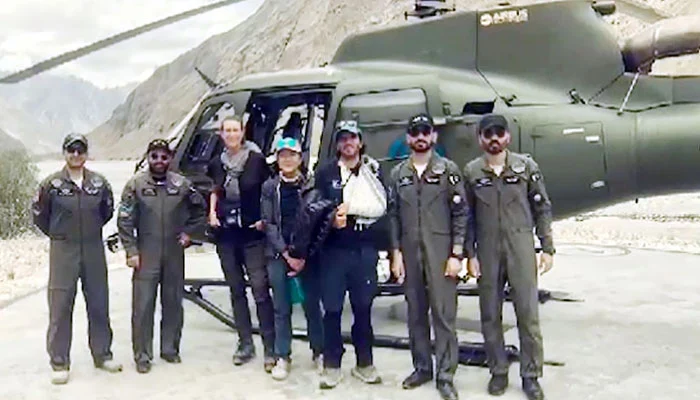
“It would be a misunderstanding to club the visit to Russia with the no-confidence resolution (moved by the opposition that led to ousting of former prime minister Imran Khan),” Mr Bhutto-Zardari said in an informal chat with journalists at the Parliament House.
“The biggest testimony of this is Pakistan’s neutral position in the war as it was the previous government’s stance and our government, too, has the same stance on the issue. Had the Russian visit of Mr Khan been the reason for PTI government’s ousting, then that policy would have changed now. But, Pakistan’s stand on the Russia-Ukraine conflict is clear: we were neutral yesterday, we are neutral today on the issue,” the foreign minister said.
About his visit to Iran, the PPP chairman said: “Iran is our neighbour and in Islam neighbours have rights. We believe that relations between peoples of Pakistan and Iran, including cultural and spiritual, are historic.”
The foreign minister said that economic cooperation and coordination between the two countries had much potential to be explored and exploited.
“As far as the Pak-Iran Gas Pipeline project is concerned, its foundation was laid by former president Asif Ali Zardari and we would want international obligations, their framework and the deal to progress so that we can unlock the potential in our relations further,” the PPP leader said. He said the Russia-Ukraine war had serious repercussions for Pakistan, too.
“There is a war going on in Ukraine and we are facing increased food insecurity. We are trying to end this war through diplomacy and dialogue. This war is not only harming Ukraine and its people, but also the entire region, including the people of Pakistan, through inflation, food and energy insecurity. We want the war to end immediately so that issues such as Covid-19 and climate change, which are impacting our agriculture, could be combated together,” the foreign minister said.
Iran visit
According to the Foreign Office, Mr Bhutto-Zardari would visit Iran on June 14 and 15 on the invitation of Iran’s Foreign Minister Dr Amir Abdollahian.
During the visit, the foreign minister would exchange views with his Iranian counterpart on all areas of mutual interest. He would also call on President Ebrahim Raisi and meet other dignitaries. The foreign minister will visit Mashhad on June 15.
During the delegation-level talks, the two sides will review all facets of bilateral relations, including trade and economic ties, electricity supply from Iran, border sustenance markets, road and rail connectivity and facilitation of pilgrims visiting Iran.


